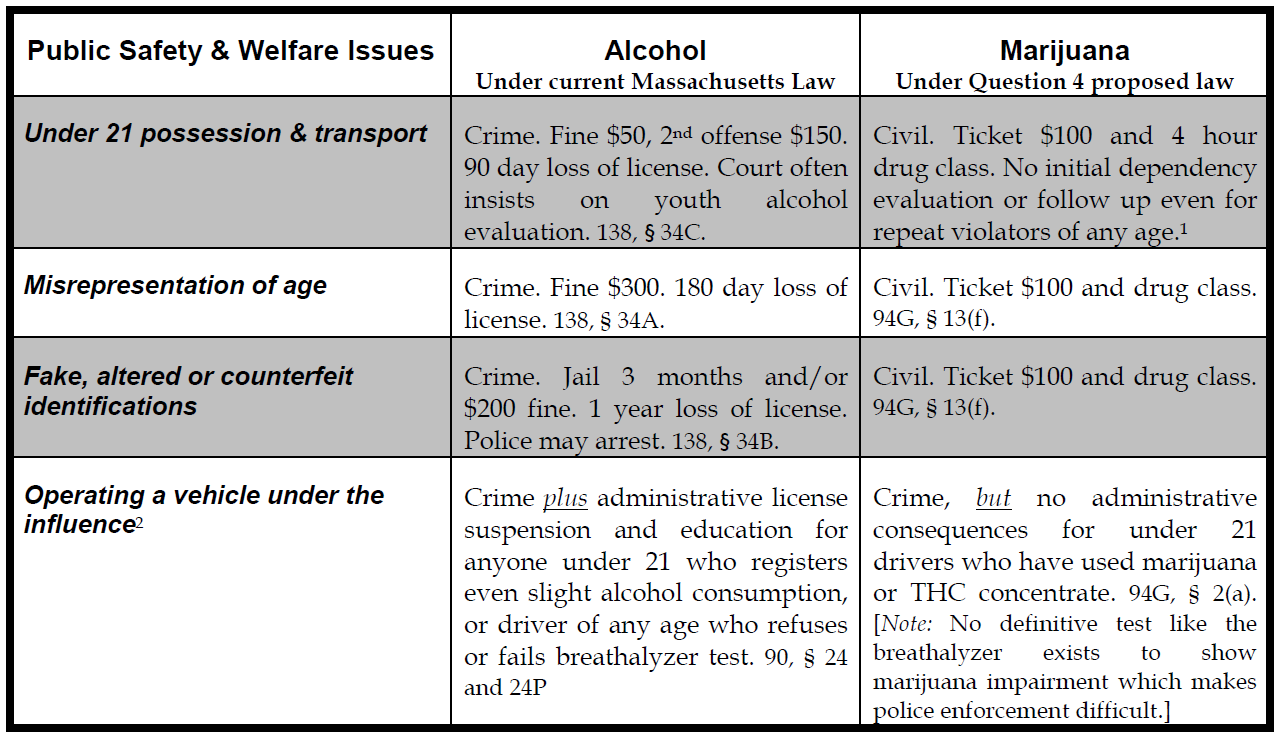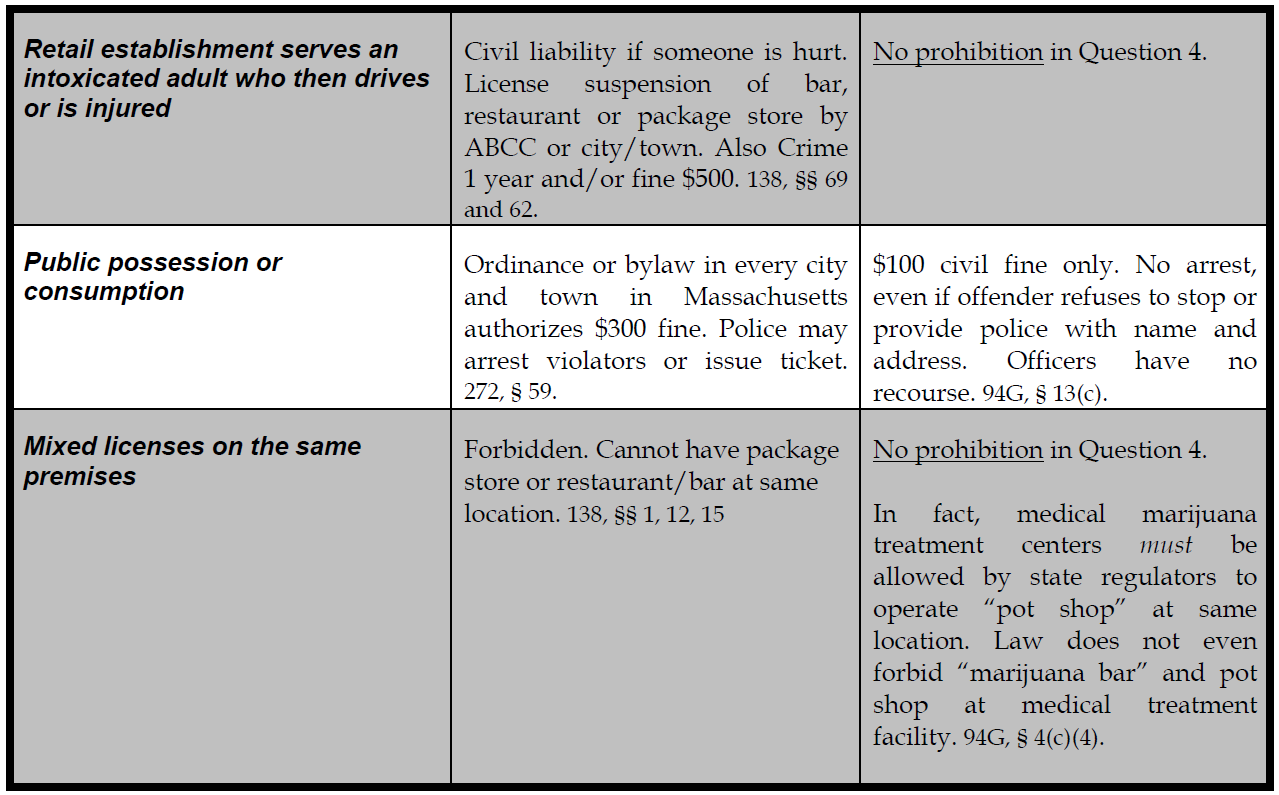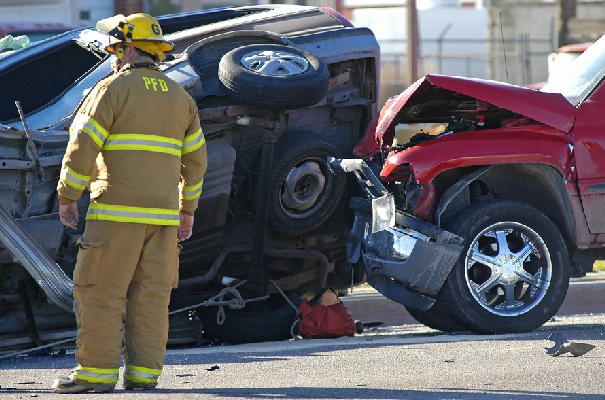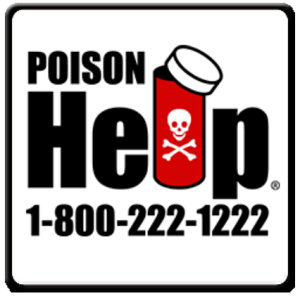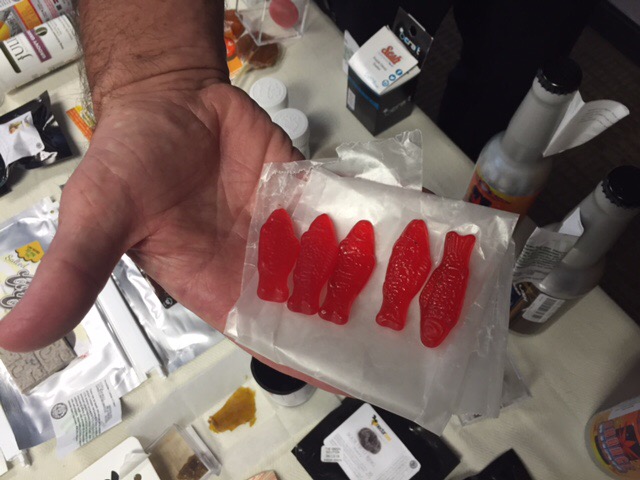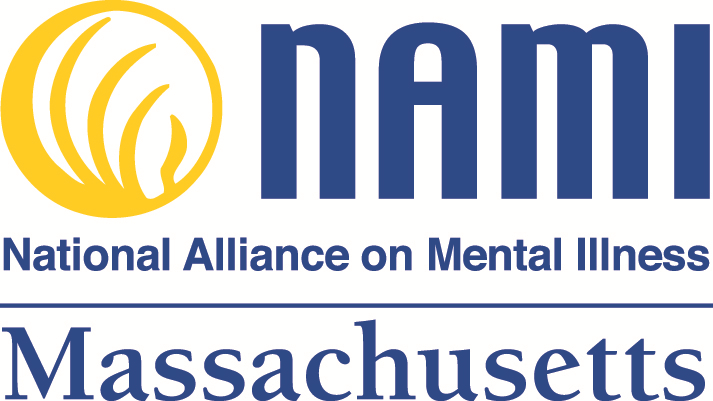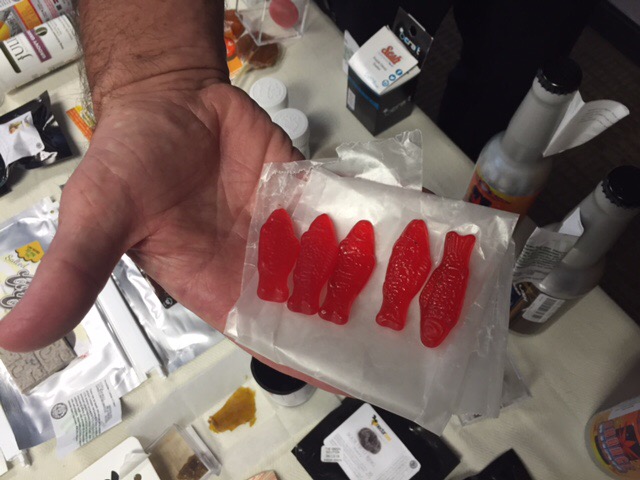There are many many good reasons to refuse to support and promote commercial marijuana/THC in the community.
Do remember however, a “commercial” marijuana establishment Opt Out bylaw does not cover “medicinal” marijuana dispensaries.
The “medicinal” marijuana law which governs “medicinal marijuana treatment centers” (MMTC’s) was passed at the statewide ballot in 2012.
But unless a community passes an Opt Out Bylaw on commercial marijuana establishments, any MMTC in the community with a license before mid-2017 can automatically convert to full commercial cultivation, manufacturing (THC edibles, and concentrates for dabbing and vaping THC) and retail sales.
That is why marijuana companies with an early medipot license in a town are so eager to keep the commercial door open. The industry goal was always commercial marijuana.
The Opt Out on commercial (recreational) marijuana is a very good idea, even if the town already had “medical” marijuana.
There is an honest disagreement in drug policy circles about how best to govern illicit drug availability.
Some think recreational drug use is an inevitable phenomenon, so regulating and requiring testing of the drug is a better policy. A policy of “grudging toleration” of regulated drug use is their position.
Others of us adhere to a “drug use prevention” perspective: where there is increased availability, and decreased perception of harm, problematic drug use goes up. Especially when driven by a profit motive. More unsuspecting “customers” will be harmed by market driven pressures to use drugs.
So, do we want more habituating drug use in the community? Or less?
There are protective community environmental factors which discourage drug use. Introducing more commercial drug outlets degrades those protective community environmental factors by serving to “normalize” drug use, increase the availability of the drug, and create marketing and social pressure to use the drug.
Fundamentally, this is an environmental issue. We worked for a generation to get lead out of our water, air and consumer products in our communities. Because lead is a known neurotoxin with negative effects on the developing brain. Why would we now add more marijuana/THC back into our communities? THC also is a neurotoxic substance, is habituating, with known negative effects on the development and functioning of the brain for some people, especially those who use early and often, or those who have a vulnerability or susceptibility to addiction or mental illness.
Under the “precautionary principle” in public policy making, it is wisest to act so as to do the least harm. Less marijuana/THC is a worthy community health goal. Opting Out on commercial marijuana, as is your community’s right under the law, is a worthy local policy.



 The marijuana lobby and its spokespersons now are actively blaming communities who refuse to support commercial drug use promotion for the black market in marijuana.
The marijuana lobby and its spokespersons now are actively blaming communities who refuse to support commercial drug use promotion for the black market in marijuana. This Gatehouse Media link is full-on advertising and promoting Cannabis/THC as a health product. Free advertising for an aggressive addiction-for-profit commercial sector.
This Gatehouse Media link is full-on advertising and promoting Cannabis/THC as a health product. Free advertising for an aggressive addiction-for-profit commercial sector.
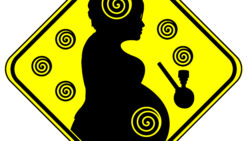
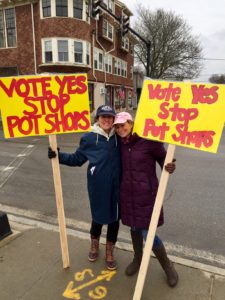
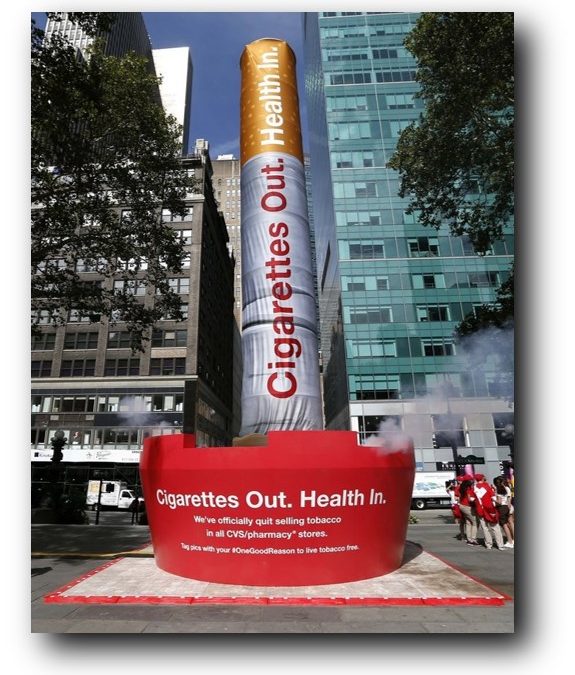

 Our colleague, Jo McGuire, in Denver was recently asked to accompany a group of delegates from other states investigating commercial marijuana legalization on a tour of the Colorado marijuana industry. Here’s her account what they observed:
Our colleague, Jo McGuire, in Denver was recently asked to accompany a group of delegates from other states investigating commercial marijuana legalization on a tour of the Colorado marijuana industry. Here’s her account what they observed: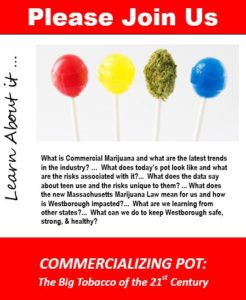
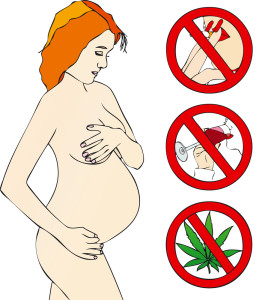

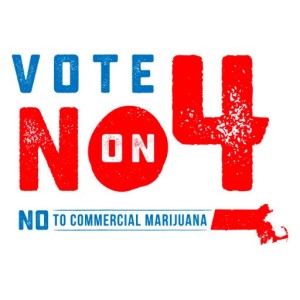
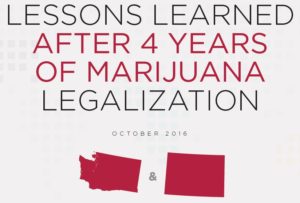 Though it is still early, these “experiments” in legalization are not succeeding. Marijuana commercialization is failing as a public health approach to drug use.
Though it is still early, these “experiments” in legalization are not succeeding. Marijuana commercialization is failing as a public health approach to drug use.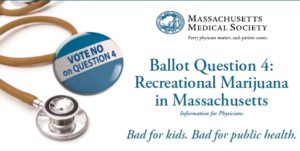 While the Yes On 4 campaign uses deceitful and confusing TV ads featuring “doctors” to push full-blown, commercialized, retail recreational bud, concentrate, edible THC-infused food and other high-potency marijuana-derived products, our real doctors are urging their colleagues, and all voters, to Vote No on Question 4 in Massachusetts. They join the Campaign for a Safe and Healthy Massachusetts and eight other Massachusetts-based physicians groups on a
While the Yes On 4 campaign uses deceitful and confusing TV ads featuring “doctors” to push full-blown, commercialized, retail recreational bud, concentrate, edible THC-infused food and other high-potency marijuana-derived products, our real doctors are urging their colleagues, and all voters, to Vote No on Question 4 in Massachusetts. They join the Campaign for a Safe and Healthy Massachusetts and eight other Massachusetts-based physicians groups on a 
